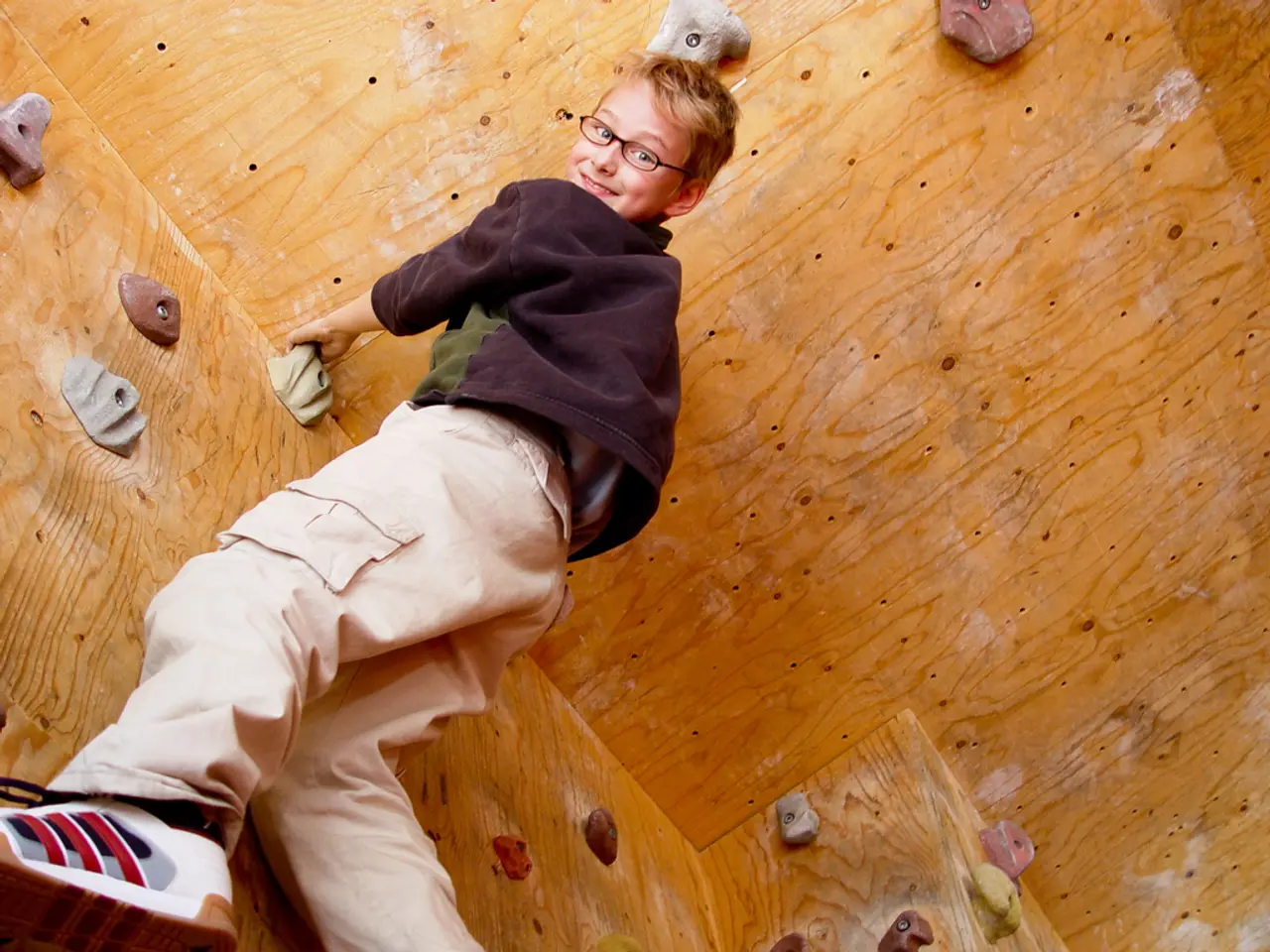Encouragement Strategies to Foster Growth and Learning in Your Child
In the world of parenting, praise can often be a double-edged sword. Traditional direct praise, while well-intentioned, can sometimes backfire, creating unrealistic expectations or damaging a child's trust in their parents. Children are perceptive, and they tend to recognize when praise is not genuine, which can lessen its effectiveness or even harm their self-esteem.
However, a shift towards praising effort rather than intelligence can benefit child development significantly. Emphasizing the process and hard work helps children focus on how their actions lead to success, encouraging persistence through challenges rather than relying on fixed traits like intelligence. This approach promotes a healthier self-image and better long-term outcomes.
For instance, overheard praise about effort ("She works on her reading, like that difficult word she took the time to sound out") feels more authentic to children and reinforces positive behavior better than direct or inflated compliments.
Smart praise can shape how children see themselves, handle challenges, and treat other people. Being sincere and authentic in praise helps children trust the words of praise, fostering a sense of trust and confidence. Praise in public, correct in private is a good rule to follow. If your child does something great, go ahead and shout it from the rooftops (or at least the dinner table). But if they mess up, don't call them out in front of everyone.
Encouragement looks forward and can help children keep going when they're struggling. Asking questions can turn praise into a learning moment. For example, "That Lego tower is awesome-what was the trickiest part?" Smart praise helps kids become more confident, resilient, and thoughtful. This isn't about sugarcoating life-it's about giving kids the tools to handle it.
Connecting praise to character traits like kindness, courage, and patience helps children see themselves as having positive qualities. Showing effort and learning value is important. Talk about your own struggles, mess-ups, and what you learned. This helps children understand that everyone faces challenges and that learning from mistakes is a crucial part of growth.
Smart praise boosts real confidence, makes kids love learning, builds bounce-back power, turns them into better thinkers, helps them be nicer humans, creates lifelong learners, and prepares kids for life. When kids hear praise like 'You worked hard on that' instead of 'You're a genius,' they start believing in their effort-not just hoping they're naturally good.
Effective praise can help children build motivation, confidence, and character. Praising the work, not the talent, teaches children that success is about effort and persistence. Implementing effective praise requires paying close attention to a child's actions and providing specific, sincere, and meaningful feedback. Using "I" statements makes praise more personal and genuine. For example, "I noticed how carefully you colored inside the lines today. You were really focused."
Smart praise can help kids develop a lifelong learning mindset. When praise focuses on effort, strategies, and curiosity, kids grow up thinking learning isn't a chore-it's a challenge they want to tackle. Celebrating progress, not just the finish line, encourages children to keep improving. Specific and descriptive praise helps children understand what they did well and repeat it in the future.
Match the praise to the child's age; little kids need quick, clear praise while older kids need deeper feedback. For teens, "I saw how you managed your time to study and still make it to practice. That took planning." Smart praise can help kids learn to think about their thinking. When you praise how they solved a problem, not just that they got it right, you teach them to think about their thinking.
Overuse of generic praise can create praise junkies who prioritize praise over learning. So, don't toss around praise like confetti. Instead, use it sparingly and thoughtfully to reinforce positive behaviour and nurture a growth mindset.
In conclusion, smart praise is a powerful tool in shaping children's development and mindset. By focusing on effort, character traits, and learning, we can help children develop a healthy self-esteem, resilience, and a lifelong love for learning.
- Emphasizing effort rather than intelligence in praise promotes a healthier self-image and better long-term outcomes, making children focus on how their actions lead to success.
- Smart praise can shape how children see themselves, handle challenges, and treat other people, thus helping children become more confident, resilient, and thoughtful.
- Using praise to highlight character traits such as kindness, courage, and patience helps children see themselves as having positive qualities, fostering a sense of self-worth and moral development.
- Encouragement in the form of specific, sincere, and meaningful feedback can help children build motivation, confidence, and character, preparing them for life's challenges.
- A growth mindset, which can be nurtured through smart praise, can help turn children into lifelong learners who see learning as a challenge to tackle, fostering a love for self-improvement and personal development in areas like education-and-self-development, health-and-wellness, parenting, and science.




